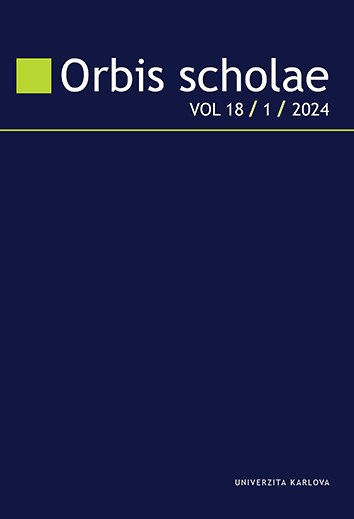Self-efficacy učitelů 1. stupně základní školy: zdroje jeho zlepšení
Primary School Teachers’ Self-efficacy: Sources of Its Improvement
Author(s): Peter Gavora, Viktor Pacholík, Hana Navrátilová, Barbora Petrů PuhrováSubject(s): Social Sciences, Education, Psychology, School education, Educational Psychology, Developmental Psychology, Sociology of Education
Published by: Univerzita Karlova v Praze, Nakladatelství Karolinum
Keywords: sources of self-efficacy; instructional efficacy; classroom management efficacy; primary school teacher
Summary/Abstract: Self-efficacy is an important teachers’ characteristic that reflects how well they persevere when faced with obstacles. In this study we explored the sources which, according to Albert Bandura’s theory, contribute to changes in self-efficacy. Participants were 984 primary school teachers in the Czech Republic. Two research instruments were employed: (a) ZSE, a scale measuring teachers’ use of sources of self-efficacy and (b) OSTES-Cz, a scale measuring teachers’ instructional efficacy and class management efficacy. Teachers evaluated mastery experiences and emotional states to be the strongest efficacy sources, followed by social persuasion and vicarious experiences. Duration of teaching practice appeared to associate with mastery experiences and vicarious experiences, while social persuasion was related to the type of elementary school. In regression analyses, mastery experiences, emotional states and vicarious experiences significantly predicted instructional efficacy. On the other hand, class management efficacy was significantly predicted by mastery experiences and emotional states. Findings are discussed with reference to future research aiming to overcome methodology limitations.
Journal: Orbis scholae
- Issue Year: 18/2024
- Issue No: 1
- Page Range: 25-47
- Page Count: 23
- Language: Czech

